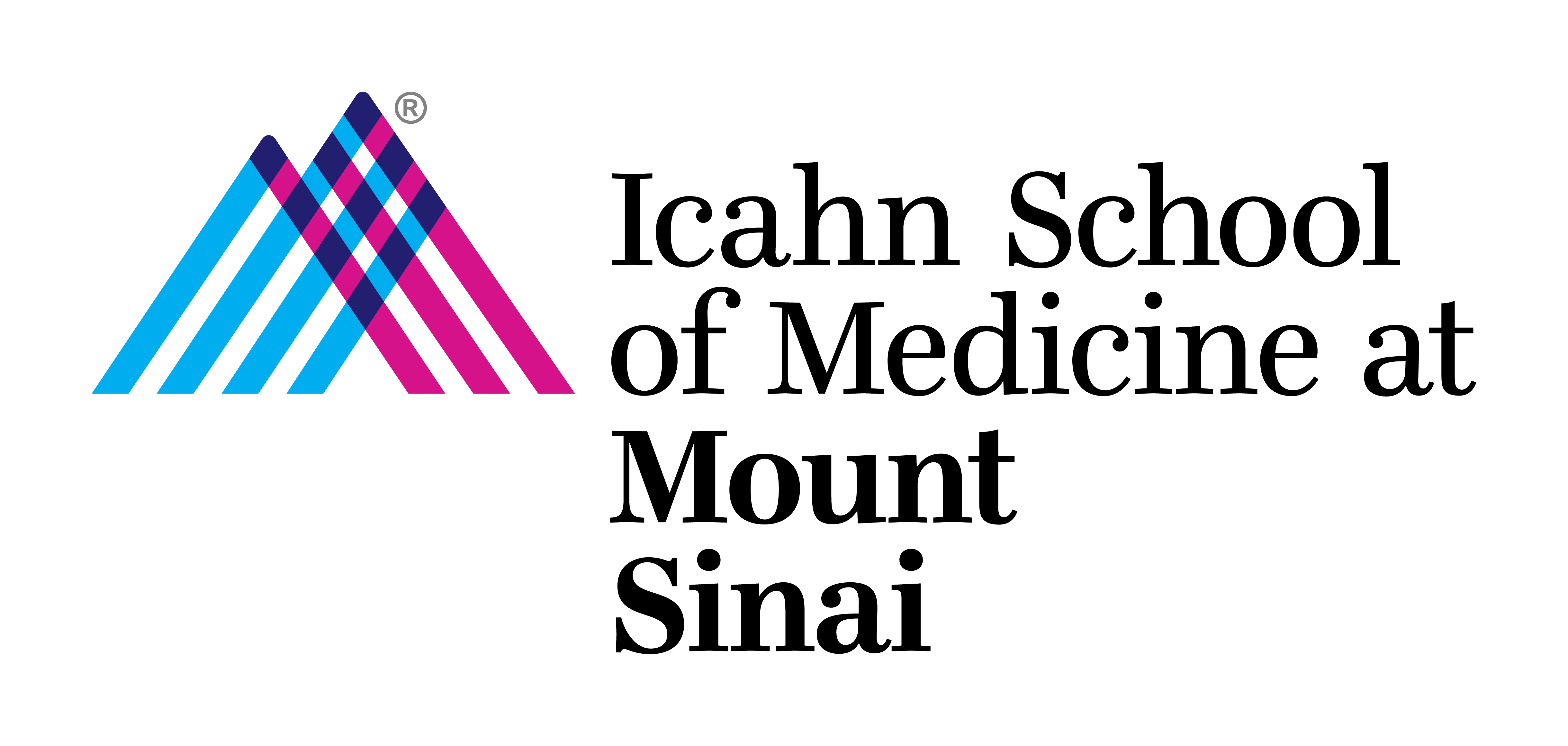Igor Galynker speaks with the Chicago Tribune about Suicide Crisis Syndrome
https://www.chicagotribune.com/2024/09/09/opinion-suicide-prevention-scientific-approach-dsm/
—————————————————————————————————————–
Why Do People Commit Suicide and How To Prevent It with Dr. Igor Galynker. Going Mental with Eileen Kelly. https://music.amazon.com/podcasts/c488ff67-0e70-4801-bb56-9eb4254da53b/episodes/13435a29-c1c3-49e6-993b-2032df543df6/going-mental-with-eileen-kelly-why-do-people-commit-suicide-and-how-to-prevent-it-with-dr-igor-galynker. December 6, 2022
—————————————————————————————————————–
Igor Galynker speaks about the Suicide Crisis on CNN Chile
https://www.youtube.com/watch?v=sj9KEeK0BCQ&ab_channel=CNNChile
—————————————————————————————————————–
As part of the promotion for the Medicating Normal film, Igor Galynker, MD, PhD, discusses the Suicide Crisis Syndrome with Nicole Lamberson
—————————————————————————————————————–
Novel Suicide Assessment Tool Promising in the ED Setting.
By Batya Swift Yasgur, MA, LSW. Medscape. https://www.medscape.com/viewarticle/992816?icd=login_success_email_match_norm#vp_2. June 6, 2023
—————————————————————————————————————–
Dr. Igor Galynker on Mental Health Care, Optimism, and Suicide Prevention. https://www.iheart.com/podcast/269-the-madhappy-podcast-82578330/episode/87-dr-igor-galynker-on-mental-107165714/ January 12, 2023
—————————————————————————————————————–
Do You Have to Be an Optimist to Work Toward a Better World? By Charlie Brinkhurst-Cuff https://www.nytimes.com/2023/02/17/business/optimism-work-crisis.html February 17, 2023
—————————————————————————————————————–
Redefining Suicide in the U.S. Who suffers from suicidality and why? Surging rates and emerging data drive experts toward new treatments and prevention strategies. By Tree Meinch https://www.discovermagazine.com/mind/redefining-suicide-in-the-u-s. July 2, 2022
—————————————————————————————————————–
The college athlete mental health crisis: When perfectionism puts young people at risk. High achievers can have unique risks for suicide. Here’s what to look for and expert-backed tips to build a healthy balance. By Sara Jacoby. NBCUniversal. https://www.today.com/health/mind-body/perfectionism-suicide-risk-parents-know-rcna28487. May 25, 2022
—————————————————————————————————————–
“Asking about suicidal thoughts leaves us to miss 75% of people who go on to die by suicide.”
Preventing Suicide: What Should Clinicians Do Differently?
Interview of Igor Galynker, MD by Clinical Psychiatry News.
—————————————————————————————————————–
Lorenzo Norris, MD, editor in chief of MDedge Psychiatry, sits down with Igor Galynker, MD, PhD, for a podcast episode to talk about an evaluation model he and his team have created aimed at assessing the risk of imminent suicide. Dr. Galynker discusses ways clinicians can assess their own personal emotional responses to patients who are at risk.
—————————————————————————————————————–
“In my opinion, the main reason to have a suicide-specific diagnosis in the DSM, introducing [one], is clinical…in our work, there is a very specific syndrome that precedes suicidal behavior that we described as the ‘suicide crisis syndrome’ that has very distinct criteria,” discusses Igor Galynker, MD in this episode of the MDedge Psychcast podcast.
—————————————————————————————————————–
Reporting on the 2019 Anxiety and Depression Association of America Conference, Nancy A. Melville of MedScape Medical News explores the Galynker Laboratory’s MARIS study and the novel approach their work takes to suicide assessment. She writes, “in new research, a novel two-part assessment tool that includes both patient and clinician data may fit the bill.”
—————————————————————————————————————–
A recent episode of the MDedge Psychcast features Igor Galynker, MD speaking about how to explore the kinds of “gut feelings” that clinicians can access to help them identify when a patient might have the suicide crisis syndrome.
—————————————————————————————————————–
Online publication UnDark examines the merits of adding a new diagnosis to the DSM as proposed by the Galynker Lab at Mount Sinai Beth Israel. “The criteria include familiar symptoms of depression, but these symptoms occur in an acute state that is not currently obvious to clinicians. Proponents say it could spur more research and make it easier for suicidal patients to get the care they need.”
—————————————————————————————————————–
Igor Galynker, MD explains to APA reporter Mark Moran in Psychiatric News that “nothing in medicine is 100%, and there is probably more than one pathway to suicide, but I believe the essential features of suicide crisis syndrome are present in the majority of suicides.”
—————————————————————————————————————–
The American Psychiatric Association news examines the phenomenon of a “decision that may be made only in the minutes or hours before an attempt – and the almost complete lack of ‘suicidal ideation’ until a crisis reaches its most acute phase“, emphasizing the importance of a Suicidal Crisis Syndrome diagnosis for vulnerable persons in this acute emergency state.
